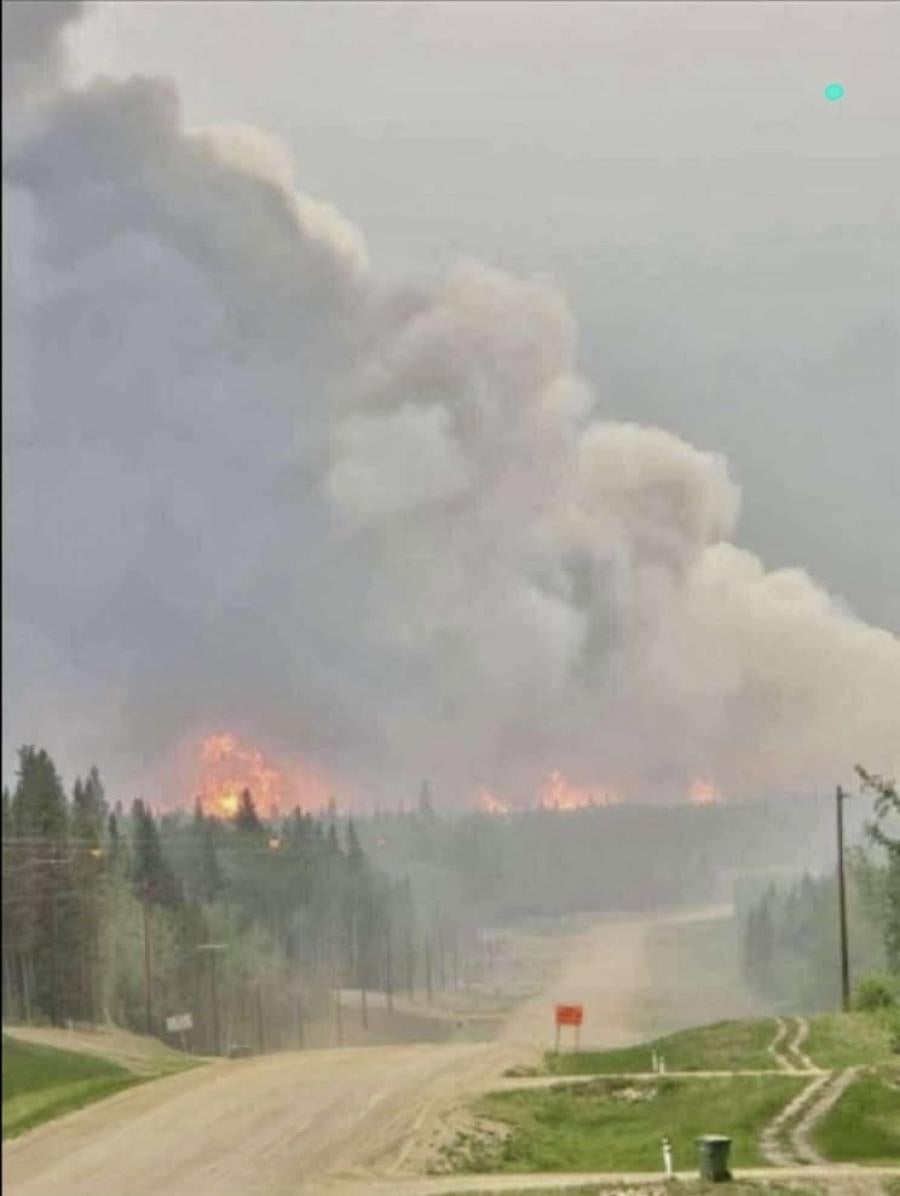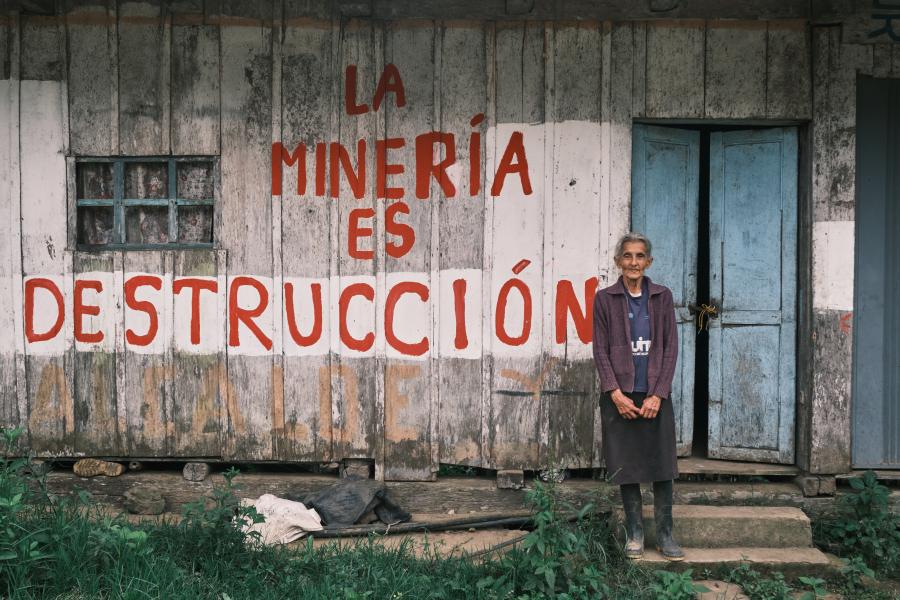
On July 1-9, 2017, Indigenous athletes from all over the world will meet in Edmonton, Canada for the 2nd World Indigenous Games, co-hosted by the Enoch Cree Nation, the University of Alberta and the City of Edmonton.
The Inaugural World Indigenous Games held in Palmas, Brazil in 2015 successfully brought together over 2,000 Indigenous athletes from 50 different ethnic groups to compete in a variety of traditional and Western-style games. The 2015 Games also featured opportunities to celebrate and discuss human rights and environmental issues through lecture series, fairs, and forums.
This year the World Indigenous Games will provide the same platform to not only celebrate Indigenous traditions and cultures through sport but also to address the pressing issues facing Indigenous communities today. As in 2015, the games will feature sporting events common across tribes such as canoeing and bow and arrow events. In the evenings, specific games played by different delegations will be showcased, for example the Crow Nation of Montana will demonstrate Indian Horse relay racing where jockeys ride bare-back. So far, 29 countries ranging from Ethiopia to Russia have registered for the games with multiple ethnic groups expected to attend from each country.
Canada was chosen to host the games by a council of international Indigenous leaders at the first installment of the games in Palmas in 2015. The country’s record of successfully hosting other international games such as the North American Indigenous Games made it a “natural” choice. Treaty 6 Grand Chief Wilton Littlechild of the Ermineskin Nation in Alberta, first proposed the World Indigenous Games at a global conference of Aboriginal leaders in 1977. Now Grand Chief Littlechild is serving as the Games ambassador in Edmonton after also participating in the First World Indigenous Games as an athlete where he won a gold medal in a river swimming race for his age group. For Grand Chief Littlechild “the World Indigenous Games are a celebration of life through sports and cultures” because they bring together Indigenous Peoples from all over the world “unified in their traditional sports and Indigenous values.”
As a member of the Truth and Reconciliation Commission on Indian Residential Schools in Canada that seeks to reconcile and repair relationships between those involved and affected by Residential Schools, Littlechild sees the World Indigenous Games as an opportunity to “live out reconciliation.” Littlechild also contributed to the drafting of the United Nations Declaration on the Rights of Indigenous Peoples adopted in 2007. His involvement with efforts to repair relationships between Indigenous and non-Indigenous peoples has motivated him to frame the Games as an opportunity to “capture the spirit of reconciliation that Canada has been working to promote for nearly a decade.” For Littlechild, it is important to look back at the “mostly unknown history of Canada” in terms of what harm was done but in order to move past those dark moments in history, he believes that something should be celebrated, for him “traditional games and sports have that power to do that and bring people together.”
By encouraging the attendance of non-Indigenous Peoples and by holding conferences in the afternoons focused on reconciliation and the United Nations Declaration on the Rights of Indigenous Peoples, Grand Chief Littlechild hopes this year’s Games will fulfill his goals of healing and repairing relationships. The 2017 World Indigenous Games promise to be a much needed opportunity to celebrate Indigenous cultures and traditions by bringing together participants and audience members from all over the world.
For more information visit: https://www.wingames2017.com/



